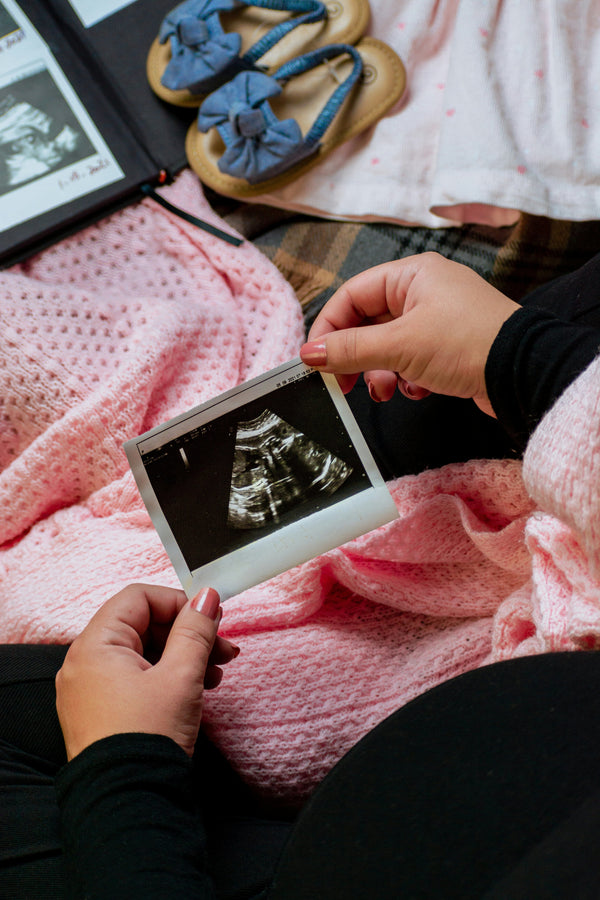Article
Why is fibre so important during pregnancy?
Posted on
Constipation is a common pregnancy problem but is less likely to occur if you eat a diet rich in fibre. It can also be a result of you not drinking enough water to meet your increased fluid needs.
A sluggish system is also partly due to your increased levels of progesterone during pregnancy. Progesterone is a natural muscle relaxant and makes the bowel muscles less effective, so waste stays in the large intestine for longer. The body then reabsorbs water from the stools, making them firmer and harder to pass.
Although constipation is thought of as a mild discomfort, left without treatment it can lead to piles (haemorrhoids), which can become painful and sore. If you do get piles, your healthcare professional can suggest effective ways to relieve the symptoms.
There are two types of fibre, and many foods contain both types:
- Insoluble fibre does not dissolve in water or break down in the body. Instead, it absorbs water along the way and helps other foods move through your system.
- Soluble fibre can also absorb water, making stools softer and easier to pass. It has the added benefit of binding with cholesterol to lower your levels and can help to reduce your risk of heart problems.
Good sources of insoluble fibre include:
- Wheat bran
- Nuts
- Cauliflower
- Chia seeds
- Flax seeds
Good sources of soluble fibre include:
- Oats
- Beans
- Apples
- Carrots
- Peas
Food aversions during pregnancy may make it difficult to eat a lot of fibre-rich plant sources and in these cases, the best alternatives are fibre powders, such as Psyllium Husk.
Further reading
-

Is this normal in trimester 2?
Pregnancy can feel like a constant swirl of questions and new experiences. The second trimester is often called the “honeymoon... -

Myths About Early Pregnancy Safety
Trigger Warning: This post discusses early pregnancy, including topics such as miscarriage and common symptoms. The first twelve weeks of...


